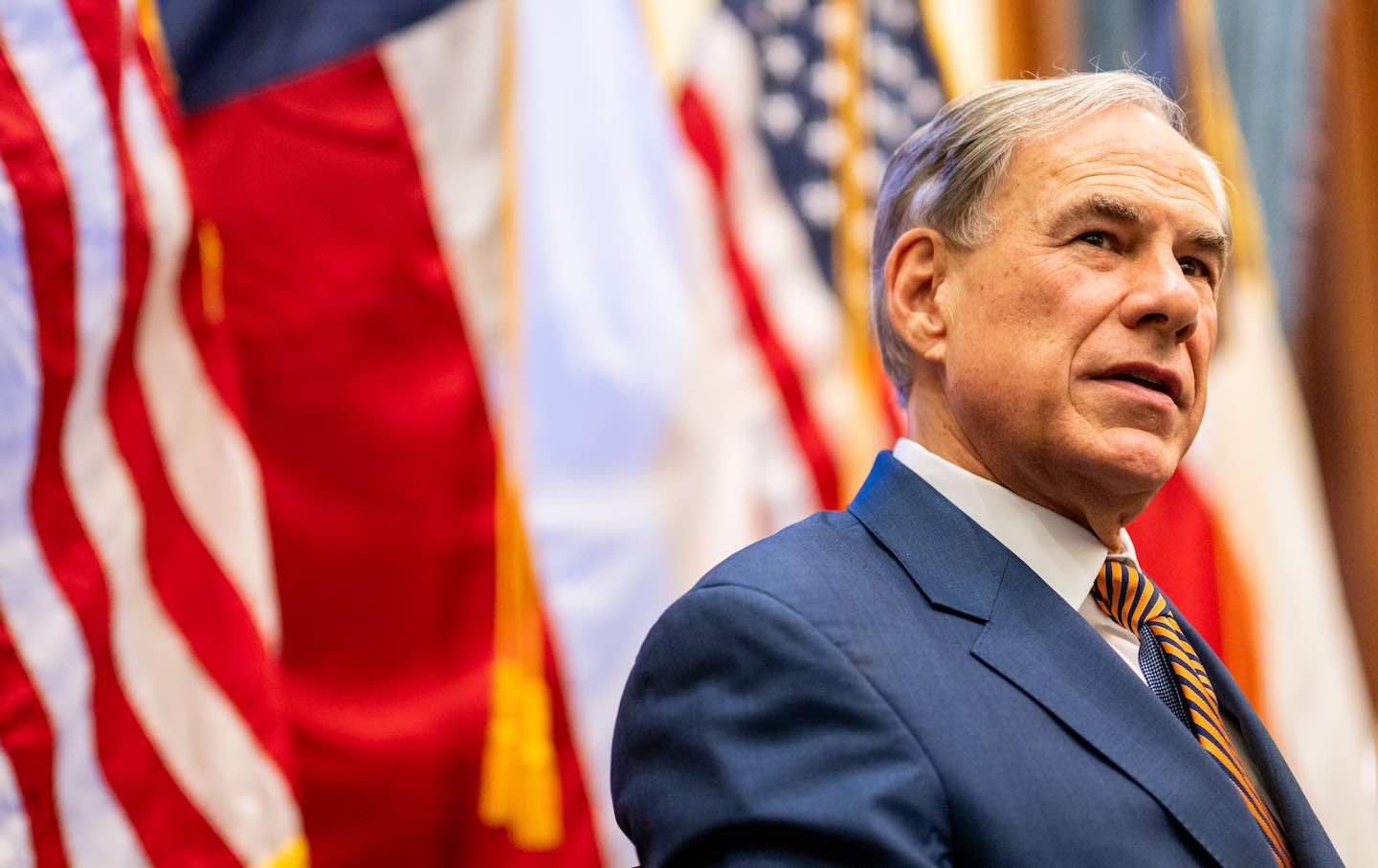
The federal government has entered a shutdown phase after the Senate failed to reach a consensus on two competing funding bills. This is a stark reminder of the last government shutdown, which lasted for 35 days and marked the longest shutdown in U.S. history from December 2018 to January 2019. The current administration has been utilizing government websites and agency emails to shift blame onto Democrats for the shutdown, raising concerns among ethics experts who argue that such actions may violate the Hatch Act, which is designed to maintain a separation between politics and government operations.
Earlier this year, Senate Democrats collaborated with Republicans to secure government funding, a decision that received significant backlash. As the political landscape has evolved, the limited influence of Democrats in Washington has become increasingly apparent, especially following the Republican-led administration’s passage of a substantial partisan spending and tax plan. Currently, Democrats are lobbying for an extension of Affordable Care Act subsidies that are set to expire soon. With several Democrats crossing party lines to support Republican initiatives, the GOP appears poised to build upon this momentum.
The government shutdown has immediate consequences for many federal workers, who will not receive their paychecks during this period. While Congress passed legislation in 2019 ensuring federal employees would receive back pay once a shutdown concludes, the current administration has threatened mass layoffs, prompting two unions representing federal employees to file a lawsuit. These unions claim the administration’s threats are an unlawful abuse of power intended to intimidate workers and pressure congressional Democrats.
In a recent NPR/PBS News/Marist poll, findings suggest that Republicans would likely bear more blame than Democrats for the government shutdown, though a significant portion of respondents indicated they would hold both parties equally accountable. Historical patterns show that during shutdowns, major cultural institutions such as Smithsonian museums are expected to close their doors to the public, reflecting a broader impact on the nation’s cultural landscape.
In a separate development, President Trump held a meeting with top military commanders where he expressed intentions to deploy the U.S. military against what he termed the “enemy within,” alluding to Democratic-run cities he claims are plagued by high crime rates. During this meeting, Defense Secretary Pete Hegseth reiterated that the military’s primary purpose is “war fighting,” suggesting a shift in focus towards more aggressive training and fitness standards for combat roles, which critics argue could disproportionately affect women in the military.
Additionally, the president announced a significant deal with Pfizer to sell its medications directly to consumers at discounted prices via a government-operated website. This initiative aims to create similar arrangements with other pharmaceutical companies, potentially reducing the financial burden on consumers seeking essential medications.
As the political tussle continues, the overarching implications of the government shutdown and the recent pharmaceutical pricing deal illustrate the complex interplay between governance, public service, and corporate interests. The coming days will reveal how these developments shape the political landscape and affect millions of Americans relying on government services and affordable healthcare options.


